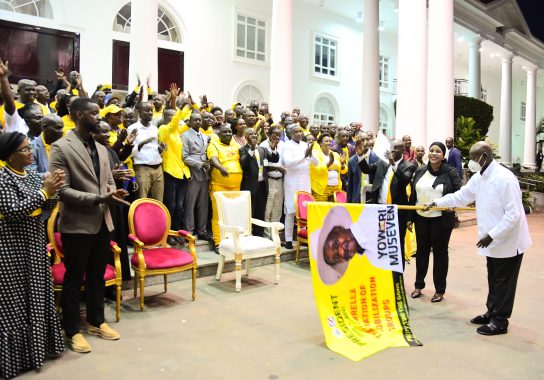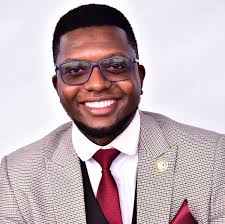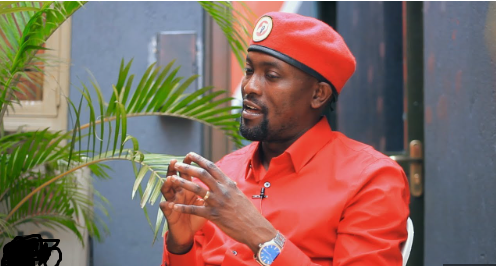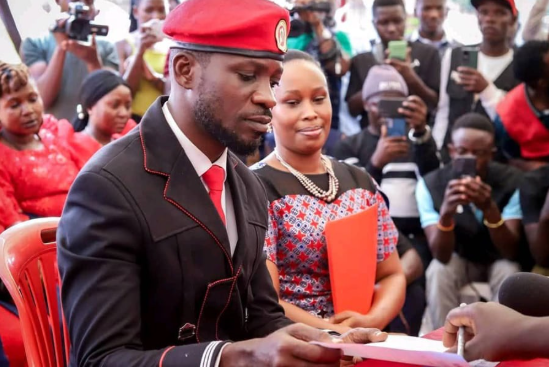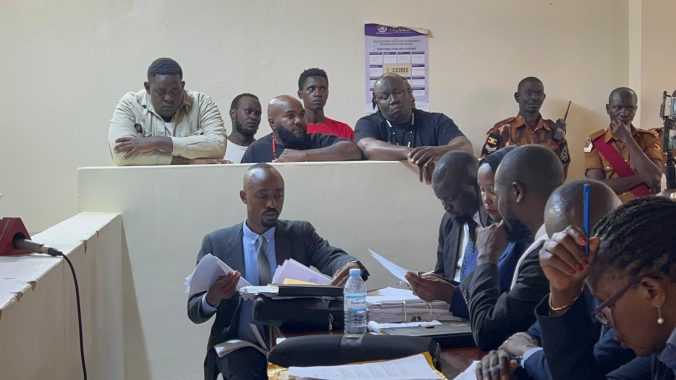The Democratic Party (DP) President General and Minister of Justice and Constitutional Affairs, Norbert Mao, has launched a scathing attack on a section of the Ugandan media, accusing them of unfair treatment towards his party while allegedly “massaging” other political entities, particularly the National Unity Platform (NUP) led by Robert Kyagulanyi, alias Bobi Wine.
Speaking out, Mao expressed profound frustration, stating: “When you come to DP, you look for every little small thing and you magnify it all the time… I feel very unfairly treated.”
He contrasted this with the media’s perceived approach to NUP, claiming: “When you are there, you’re just massaging them. You go to NUP’s headquarters in Kavule and you just massage them.”
Mao revealed what he believes is the DP’s strength in leadership, asserting: “We have the best leaders, the most solid leaders. We have so many leaders, we even lend them to other parties. That Kavule is full of DP. We are the ones who nurtured them. You don’t even appreciate the role of DP.”
The Minister also blasted that the impending NUP delegates’ conference, which he dismissively referred to as a “fake delegates conference.”
He further labelled the event as a “crowning ceremony for Bobi Wine and his psychopaths,” which he quickly clarified as “worshippers, in fact.”
He dramatically described the upcoming NUP event, saying: “That delegates conference is going to be like mass. So their pontiff is going to come.”
Mao also reserved strong criticism for cartoonists, lamenting: “I don’t know what we need to do about these cartoonists. First of all, they are very obscene. Everything has a sexual connotation. Why are the cartoonists obsessed with sex? How do you draw cartoons that are so obscene? Let children read these newspapers.”
In a clear challenge to the media’s integrity, Mao vowed to share what he termed the “fake NUP constitution” to gauge their interest in “the truth” or if they are “also part of the worshippers.”
He reiterated the DP’s openness to criticism: “For us, we don’t mind fair criticism. We are used to it because we are democratic. But you have been seen. So I thought I should talk about them. Because even them, they are always talking about us.”





